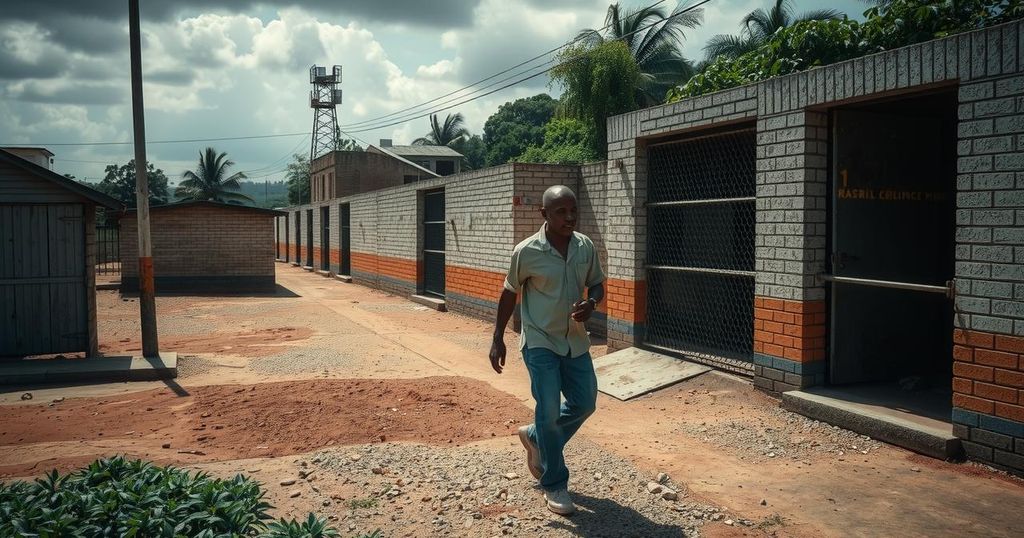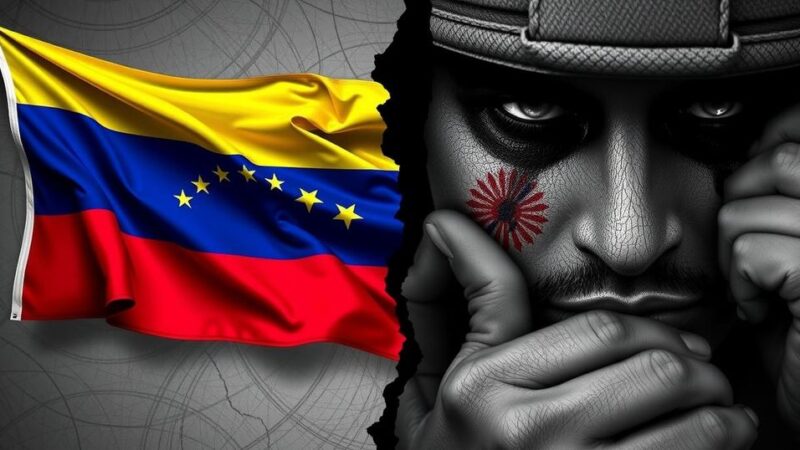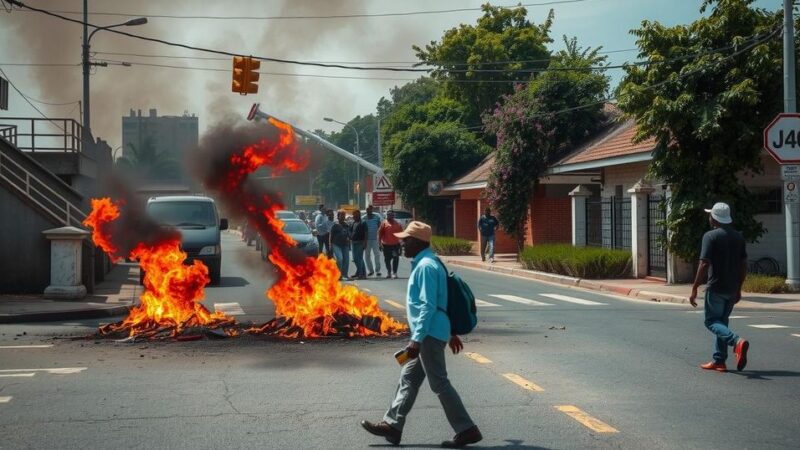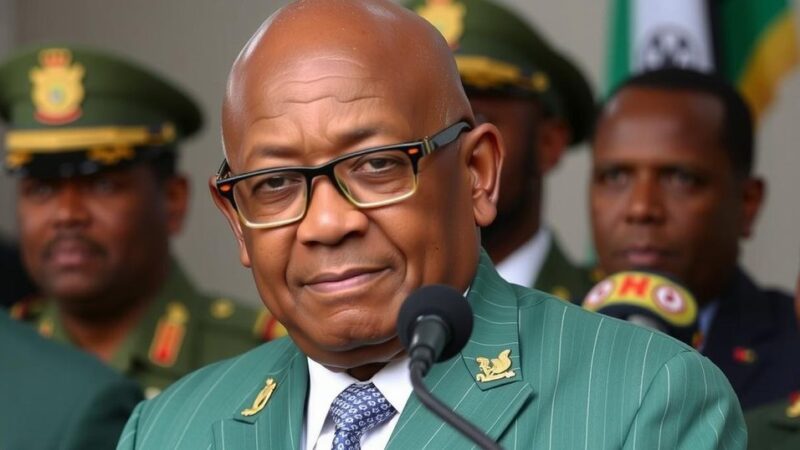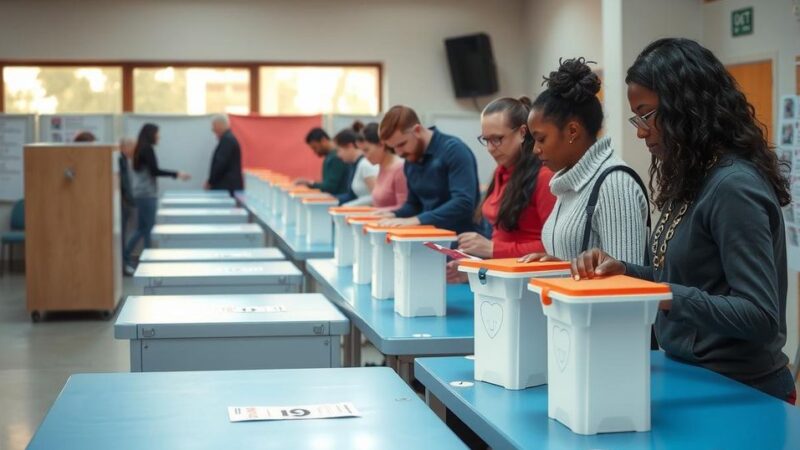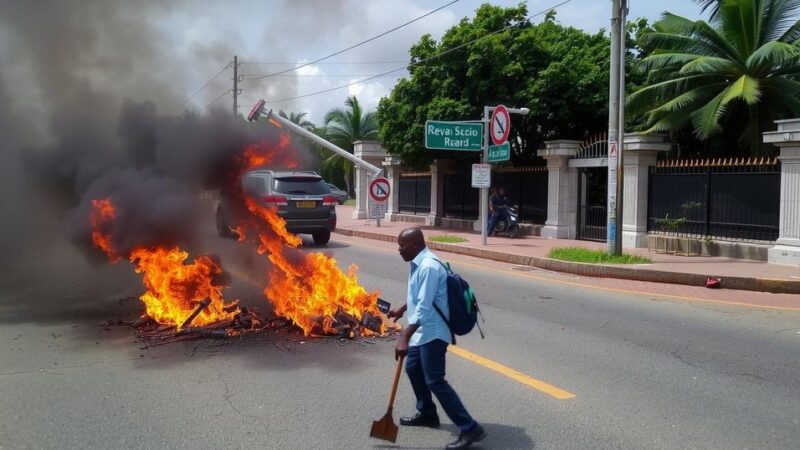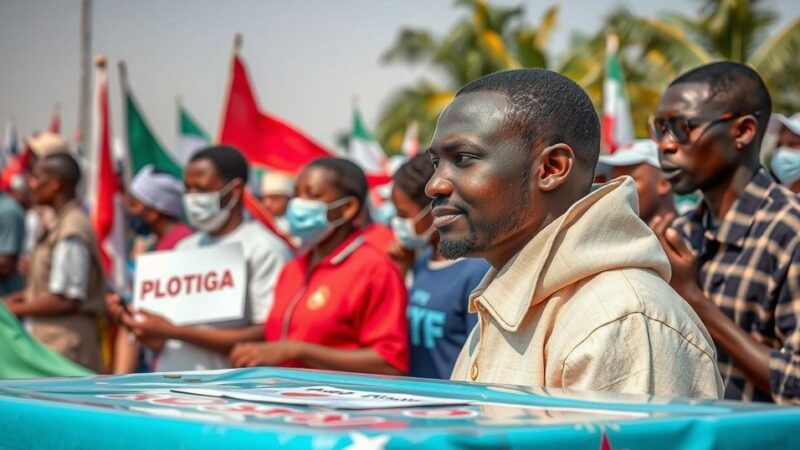More than 1,500 inmates escaped from a prison in Maputo during unrest triggered by the controversial confirmation of the Frelimo party’s election victory. The national police reported fatalities among escapees and a military-led operation resulted in the arrest of about 150 fugitives. Protests against the election outcome have led to severe violence, looting in the capital, and at least 150 reported deaths among civilians.
On Wednesday, a significant incident occurred when over 1,500 inmates forcibly escaped from a high-security prison located on the outskirts of Mozambique’s capital, Maputo. This mass jailbreak was facilitated by ongoing unrest that erupted following the controversial confirmation of the Frelimo party as the election winner. The national police chief, Bernardino Rafael, reported that during the chaos, 33 individuals attempting to escape were killed and 15 injured due to confrontations with prison staff.
This incident, resulting in the escape of 1,534 prisoners, coincided with protests against the election outcome, which had been marred by accusations of fraud. A total of approximately 150 fugitives were apprehended in a following search operation supported by the military. Notably, about 30 escapees were affiliated with armed groups known for their involvement in violence in the Cabo Delgado province over the past seven years. Rafael expressed grave concerns regarding this development.
The unrest escalated after the Supreme Court confirmed Frelimo’s victory in the October elections, where party leader Daniel Chapo received 65.17 percent of the votes, approximately five points lower than previously reported figures. Exiled opposition leader Venancio Mondlane has since claimed that election manipulation denied him the presidency. Amid the protests, demonstrators attempted to breach the prison walls, igniting further chaos inside the facility.
Moreover, the capital, Maputo, experienced increased hostility with barricades obstructing access to some areas and rampant vandalism leading to the destruction of stores, ambulances, and public properties. Reports indicated that many supermarkets were looted, and while some reopened, their operating hours were severely reduced. The results of the elections reinforced Frelimo’s long-standing dominance, positioning Chapo to succeed President Filipe Nyusi at the end of his term on January 15.
The U.S. State Department has raised concerns regarding the election’s transparency and has urged a peaceful resolution to the conflict. In the aftermath of the unrest, at least 21 people, including police officers, were reported dead within 24 hours and numerous violent incidents were recorded. The director of the interior ministry noted the alarming scale of violence, which included armed attacks against law enforcement and public facilities. Overall, these incidents have reportedly resulted in at least 150 fatalities among civilians, according to various NGO assessments.
The troubling situation in Mozambique exemplifies the volatile intersection of political manipulation and civil unrest, particularly in the context of the Frelimo party’s prolonged hold on power since 1975. The recent elections, marred by accusations of fraudulent practices, incited significant public outcry against the ruling party, culminating in violent protests across the capital and beyond. These events reflect broader concerns regarding governance, civil rights, and public safety in Mozambique, particularly in relation to the increasing activities of armed groups and rampant lawlessness in certain regions, such as Cabo Delgado. The reported mass jailbreak signifies a severe lapse in security and raises questions about the resilience of the nation’s judicial and correctional systems amidst political turmoil.
In conclusion, the mass jailbreak of over 1,500 prisoners from a high-security facility in Mozambique amidst a backdrop of civil unrest underscores the profound implications of the recent electoral process and the resulting public discontent. The situation calls for immediate attention and resolution as the nation grapples with heightened violence and the potential for widespread instability. It remains critical that all stakeholders engage constructively to restore order and seek a peaceful resolution to political grievances—particularly in light of the substantial loss of life and growing humanitarian concerns stemming from the unrest.
Original Source: www.latintimes.com

